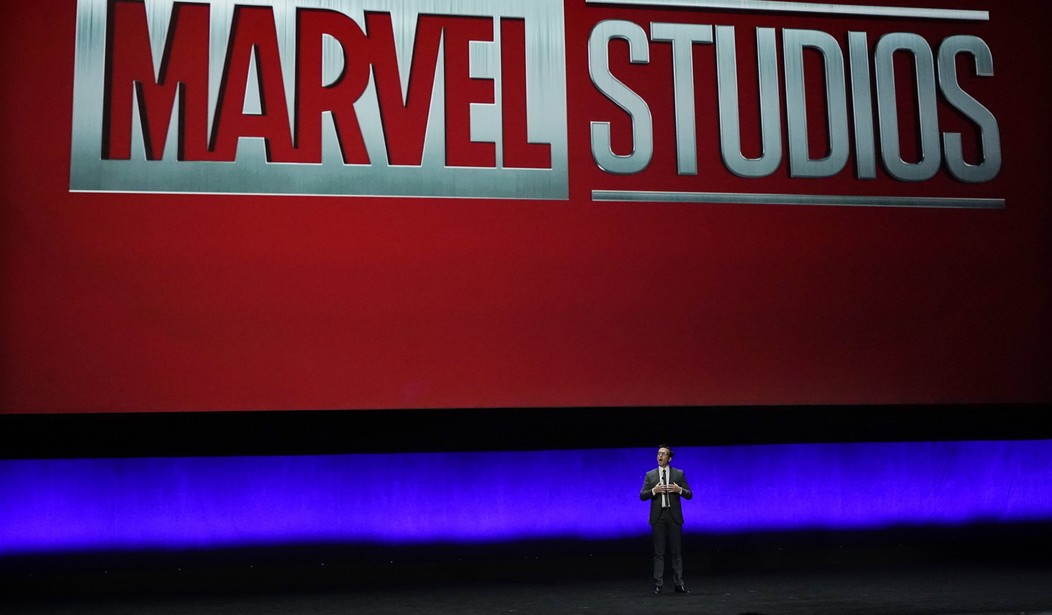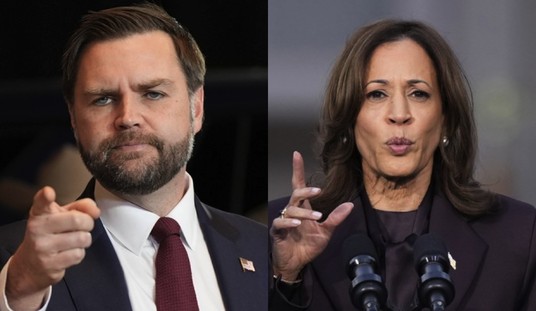I'm not sure what's going on inside the writers rooms at Marvel, but I have a feeling that they need a priest, some holy water, and writers that actually know how to tell a story with likeable characters.
They also need an in-depth lesson in the nature of good and evil, because if the Disney+ show Ironheart is any indication, they've lost complete site of the concepts.
Ironheart is a show about a young black girl named Riri Williams, a young woman who we're told is a genius on part with — if not surpassing — Tony Stark, the hero known as "Iron Man." Williams is the only other person in the Marvel Cinematic Universe that can build an Iron Man-like suit, and also other types of advanced technologies. She attends MIT, the most prestigious technology school in the world, and has a grant to build her suits thanks to the grant given by Tony Stark during Phase 3 of the MCU.
But Williams has a problem.
She's black and according to Disney, that means she lacks the same privileges as white people, therefore she's poor and disadvantaged. I don't have to make that assumption. Riri makes it clear in the show that she doesn't have the billions Stark did, and therefore she can't achieve the heights of her brilliance.
One quick rebuttal, if I may.
I don't want to get too into the details, because arguing the lore of the MCU isn't my point here. What I really want to do is get to the heart of the matter, and it's the fact that Disney is using identity politics to push a form of moral ambiguity, and while we often say that Disney is an evil company, the message it's pushing through Riri is, without question, sinister.
The base of this show is that Riri is poor and disadvantaged, as I've noted, but she's not. She is a student at MIT in the beginning, with a brilliant mind capable of creating technologies that corporations and even entire governments would love to get their hands on. She could walk into pretty much any major institution and name her price, and they would likely jump bend over backward to get her on their payroll.
Yet, instead of this brilliant mind going to where her brilliant mind wouldn't just be lucrative, but given the space to be brilliant, they relegate Riri to the status of a black criminal. She's kicked out of MIT for stealing from it, makes chump change helping other students cheat, and under these circumstances, she falls in with a group of criminals who violently attack people just doing their jobs so that she can steal large sums of money.
Naturally, the crew she runs with is just a culturally diverse, with one of them being a transgender drag queen.
And through all of this, we're supposed to see Riri as a good guy. A protagonist committing violent crimes out of necessity... but there is no necessity. Riri's entire motivation for doing this is because she wants to. She feels like society would otherwise hold her back because she's a black woman, and therefore her actions are justified.
If you're trying to get someone to sympathize with the protagonist's villainy, you have to give them a desperate reason to commit this villainy, or at the very least, make their villainy justified because they're committing villainous acts against a much greater villain.
Riri isn't doing this because she's trying to save a sick relative. Nothing is on the verge of destruction, forcing Riri to act in immoral ways to stop the calamity. She's doing all this because she has potential, and she wants to be great. She has all the brilliance in the world and Disney still has her resorting to crime because, according to Disney, black people are held back because they're black.
Riri is a victim of circumstance and bigotry! So violent crime is okay!
Disney is reinforcing some very horrible narratives here.
The first is that being black automatically justifies criminality because society is against you and/or owes you something. It's the concept of reparations in story form. The thing is, reparations is an ideal based in injustice, as it places the blame for past wrongs on people long past against people long past. We are not those generations, and we don't owe anything. We didn't commit those sins, and no one living today suffered those sins either.
Yet, Disney is pushing the idea that there is indeed a legitimate claim to property, and any violence or destruction suffered in pursuit of it is morally okay.
The second issue is the soft-bigotry of low expectations. Riri must resort to crime because she's black, but in reality, black people find success without crime more often than not. There are millions of successful black Americans living lives in the quiet of the suburbs and in the upper-class, and they didn't break the law once.
What is Disney saying here? That this is a legitimate path for black people because what else are they going to do? What kind of outlook on the black community is that? What kind of message are they sending here? I'd like someone to weigh in, because this all seems awfully racist.
Disney's outlook on the black community is not a good one, and neither is its commentary about moral ambiguity. I would put the blame squarely on Ironheart's writers, but this wouldn't have just gotten green lit without the nod from Disney's executives.
What Disney is pushing through this show is undeniably immoral.
I mean, it doesn't help that at the end of the series, Riri makes a deal with the MCU's literal devil, but she's still not looked at as the villain of the story. We're supposed to sympathize.
But how does one sympathize with that? Even Thanos had a point, a misguided one, but a point nonetheless. Riri is just selfish, but modernity says we should applaud that.















